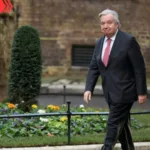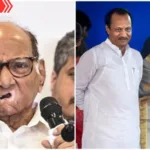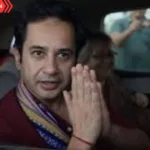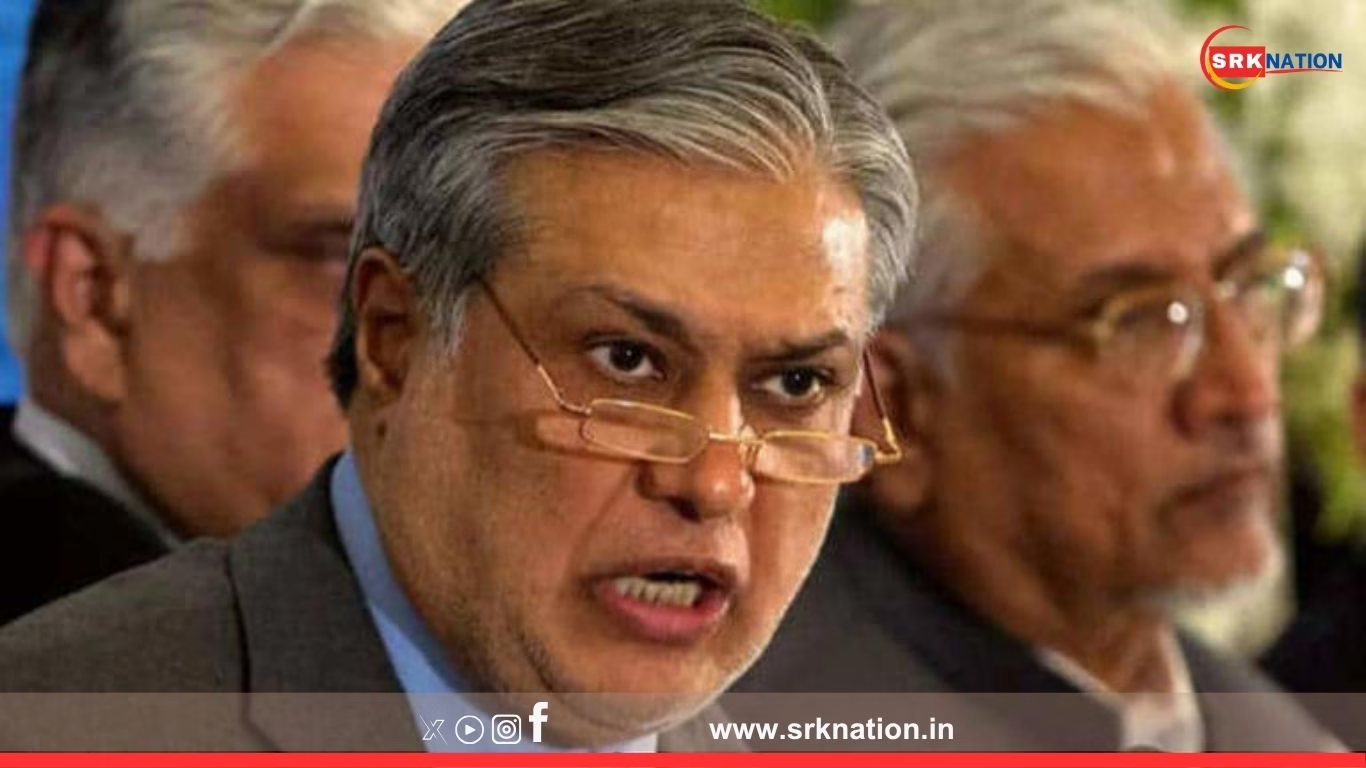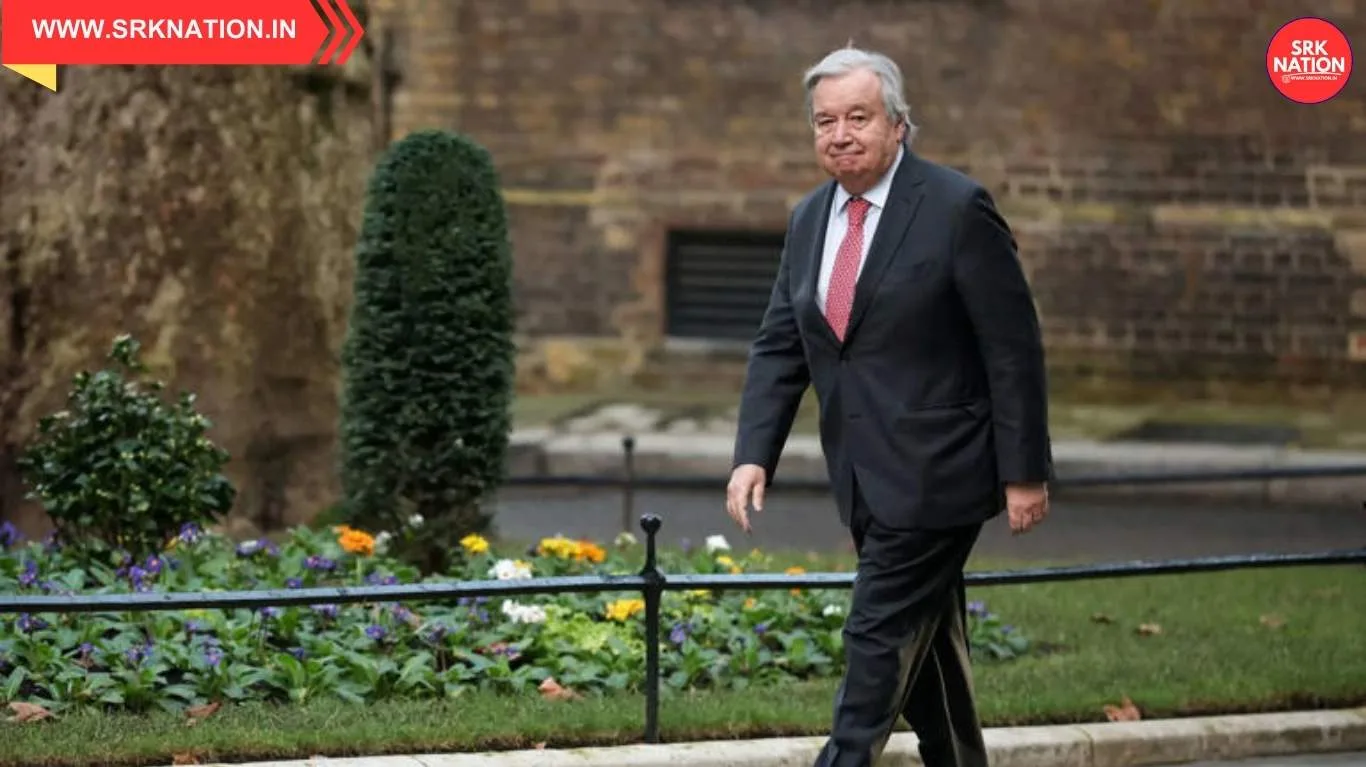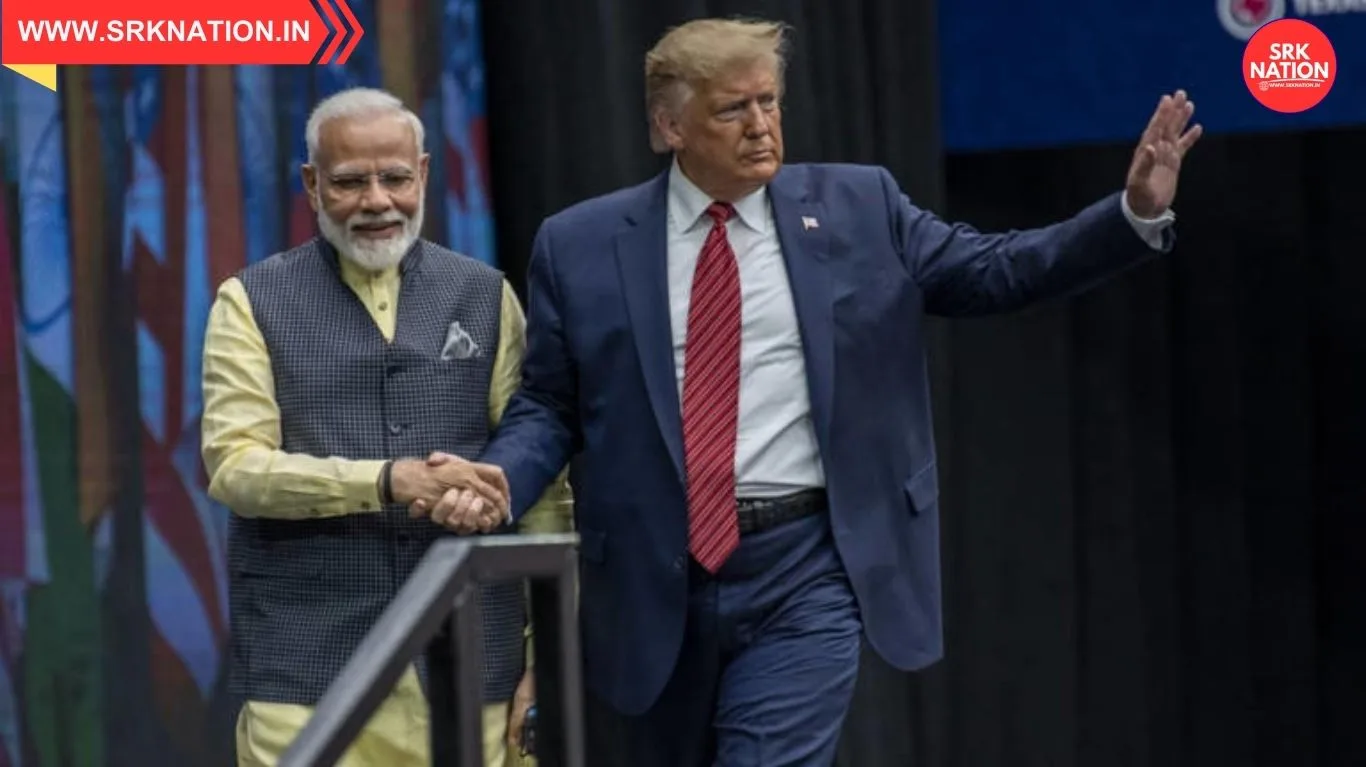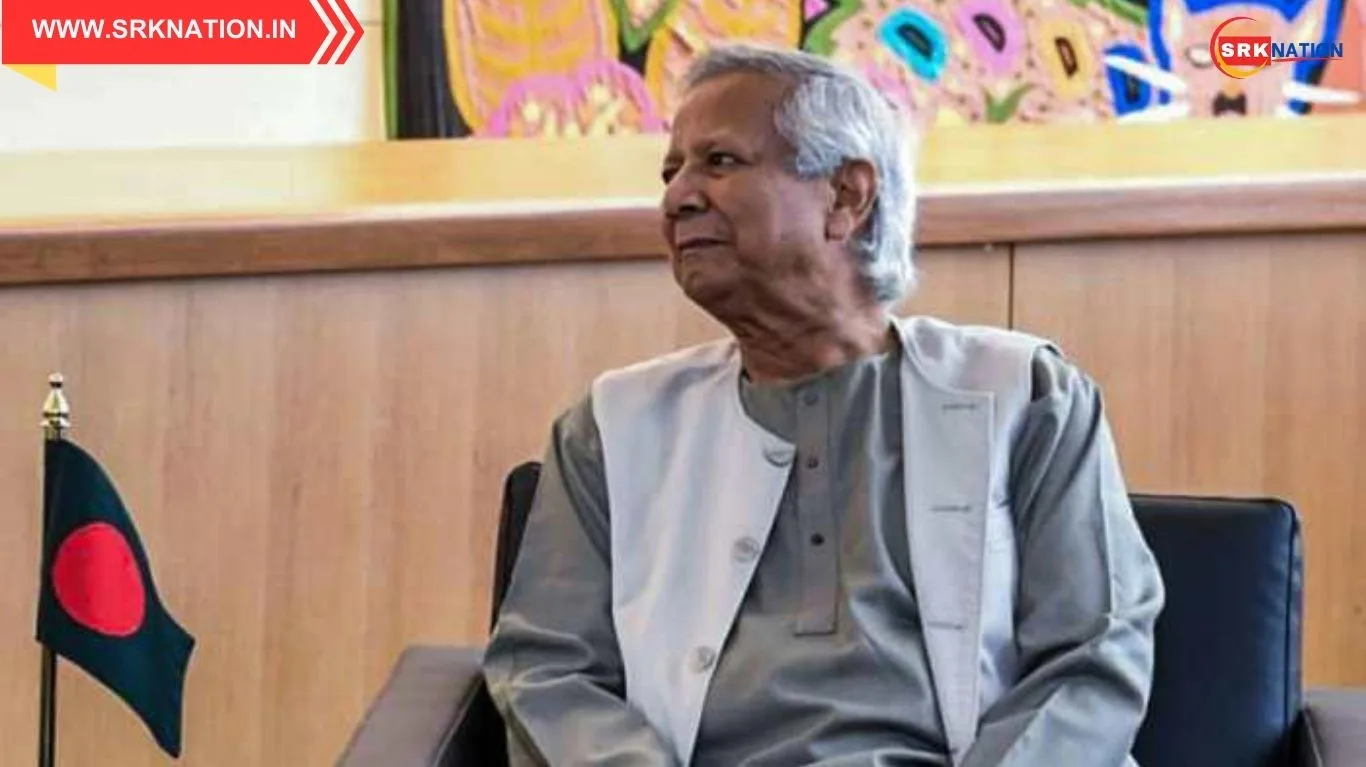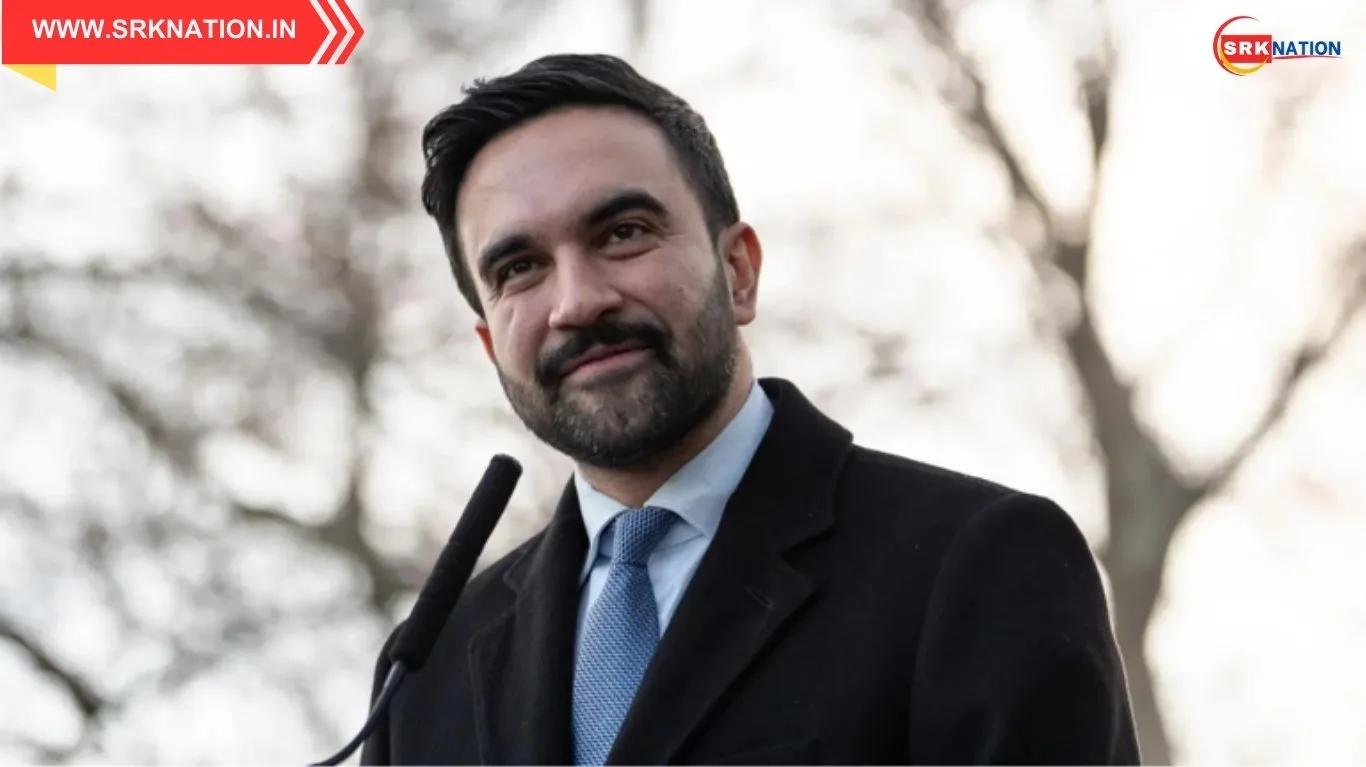In a significant diplomatic development, Pakistan’s Foreign Minister Ishaq Dar has welcomed the United States’ decision to designate The Resistance Front (TRF) as a terrorist organization, calling it a move in the right direction against terrorism. However, Dar strongly denied any affiliation of TRF with Pakistan-based groups such as Lashkar-e-Taiba (LeT), amid growing global scrutiny over Islamabad’s counterterrorism stance.
Dar, speaking to local and international media in Islamabad, said Pakistan “supports international efforts to curb terrorism in all its forms” and that the designation of TRF by the US under Executive Order 13224 marks an important step in the global war on terror. At the same time, he emphasized that conflating TRF’s operations with Pakistan or known entities like LeT was “misleading, politically motivated, and unsubstantiated.”
What is TRF and Why It Matters?
The Resistance Front (TRF) emerged in Kashmir around 2019 and has since been involved in several terrorist attacks, including assassinations of political workers, security personnel, and civilians. While Indian intelligence agencies have long maintained that TRF is a shadow front for Lashkar-e-Taiba, operating with renewed branding to escape international scrutiny, Pakistan has consistently denied any such link.
The US Department of State, earlier this month, designated TRF and its identified members as Specially Designated Global Terrorists (SDGTs) under its sanctions framework, which freezes their assets and restricts international financing.
Key Responses and Developments
| Aspect | Details |
|---|---|
| Pakistan’s Foreign Minister Statement | Welcomed US decision but denied Lashkar link |
| US Action | Designated TRF as a global terrorist organization under Executive Order 13224 |
| Alleged Link | Indian claim: TRF is a front for LeT; Pakistan denies connection |
| Purpose of TRF Designation | Cut off global financing and disrupt operations |
| Global Implication | Pressure on Pakistan to crack down on proxy outfits |
Dar reiterated that Pakistan has suffered immense losses in the war against terrorism and should not be unfairly implicated in regional conflicts without solid proof. He also noted that his government remains committed to cooperating with the Financial Action Task Force (FATF) and other international bodies to fight terror financing and extremism.
US State Department Statement and Context
The US action came in the backdrop of persistent attacks in the Union Territory of Jammu and Kashmir, attributed by Indian agencies to TRF. The group has reportedly used social media, encrypted communication, and third-party funding routes to claim responsibility for attacks and propagate extremist ideology.
The US designation of TRF not only recognizes the evolving threat of “rebranded” terror outfits but also raises important questions about how terrorist organizations are adapting to international pressure by operating under different names while retaining core leadership and ideology.
Indian Stand and Regional Impact
India has responded strongly to Pakistan’s attempt to distance itself from TRF and its affiliation with Lashkar-e-Taiba. Indian foreign policy experts argue that this move by Pakistan is an attempt to cleanse its image as it seeks to improve international relations and avoid further blacklisting from the FATF.
| India’s Position on TRF | Pakistan’s Response |
|---|---|
| TRF is LeT in disguise | No direct operational or ideological link |
| Uses Pakistan as launchpad | We fight terrorism within our territory |
| Supported by ISI network | No evidence provided, mere conjecture |
| Part of Kashmir militancy | Political expression misinterpreted as terror |
India has long accused Pakistan of sponsoring cross-border terrorism, particularly in Jammu & Kashmir. New Delhi believes groups like TRF are part of a broader strategy to give militant groups a “local face” while avoiding global proscription.
Lashkar-e-Taiba: Background and Role
Lashkar-e-Taiba (LeT), founded in the late 1980s, is already designated as a terrorist organization by the US, UN, EU, and many other international entities. It is best known for its role in the 2008 Mumbai attacks that killed over 160 people. The alleged mastermind of that attack, Hafiz Saeed, has been jailed in Pakistan on terror financing charges, though critics claim such moves are largely cosmetic.
While LeT has reportedly been lying low under international pressure, Indian intelligence agencies have indicated that groups like TRF, People’s Anti-Fascist Front (PAFF), and United Liberation Front (ULF) are simply splinter outfits or new avatars of old organizations.
Diplomatic Tightrope: Pakistan’s Balancing Act
Dar’s statement appears to be an effort to walk a fine line: project Pakistan as a responsible international actor while denying direct links to proxy groups that the global community associates with Islamabad. With Pakistan facing economic crises and in desperate need of foreign investment and IMF aid, international credibility is more crucial than ever.
Pakistan’s leadership, including PM Shehbaz Sharif and FM Dar, has been actively lobbying for greater recognition of its sacrifices in the fight against terrorism and urging nations not to allow “regional rivalries” to dictate counterterrorism assessments.
UN and FATF Watchlist Concerns
Though Pakistan was removed from the FATF grey list in 2022, the resurfacing of terror networks under new identities could put Islamabad back under scrutiny. The FATF regularly monitors how countries deal with terror financing, and associations with proscribed groups can lead to sanctions, diplomatic isolation, and withdrawal of aid or credit lines.
Security experts also caution that TRF’s designation could become a benchmark for flagging other such splinter groups, and Pakistan may face increased global scrutiny if similar outfits are found operating on its soil.
Analysis: What’s at Stake for Pakistan?
| Area of Impact | Consequence of Inaction or Denial |
|---|---|
| Diplomatic Relations | Strained ties with India, pressure from US and EU |
| FATF Compliance | Risk of re-entry into grey list if terror financing persists |
| Domestic Security | Blowback from militant groups losing state or tacit support |
| Economic Stability | Reduced investment, loans, and aid from global financial bodies |
| Regional Peace Efforts | Hindrance to dialogue on Kashmir and Afghanistan |
Public and Political Reaction in Pakistan
Within Pakistan, reactions to Dar’s statement have been mixed. While government supporters have lauded the FM for welcoming the US move as a sign of responsible diplomacy, critics and opposition leaders, particularly from PTI and nationalist factions, have accused the government of appeasement and compromising on Pakistan’s narrative regarding Kashmir.
Some segments of the media and civil society argue that Pakistan must confront the reality of militant proxies rather than deflect or downplay affiliations. Others view this moment as a chance for a strategic reset in the country’s counterterrorism policy.
Way Forward: Regional Cooperation or Polarization?
This development offers an opportunity for South Asia to initiate a renewed framework for joint anti-terror efforts, especially given shared threats across borders. However, without trust and credible action, such possibilities remain bleak.
The US move, supported by Pakistan but opposed by its denial of Lashkar links, indicates a complex interplay between international expectations and domestic compulsions in Islamabad. Going forward, how Pakistan handles TRF’s presence, ideology, and alleged support networks will shape its global counterterrorism credibility.
Disclaimer: This news report is based on official statements, public records, and diplomatic briefings available at the time of writing. Any evolving developments or future findings may influence the narrative. Readers are encouraged to consult authoritative sources for the latest updates on terrorism designations and geopolitical implications.



